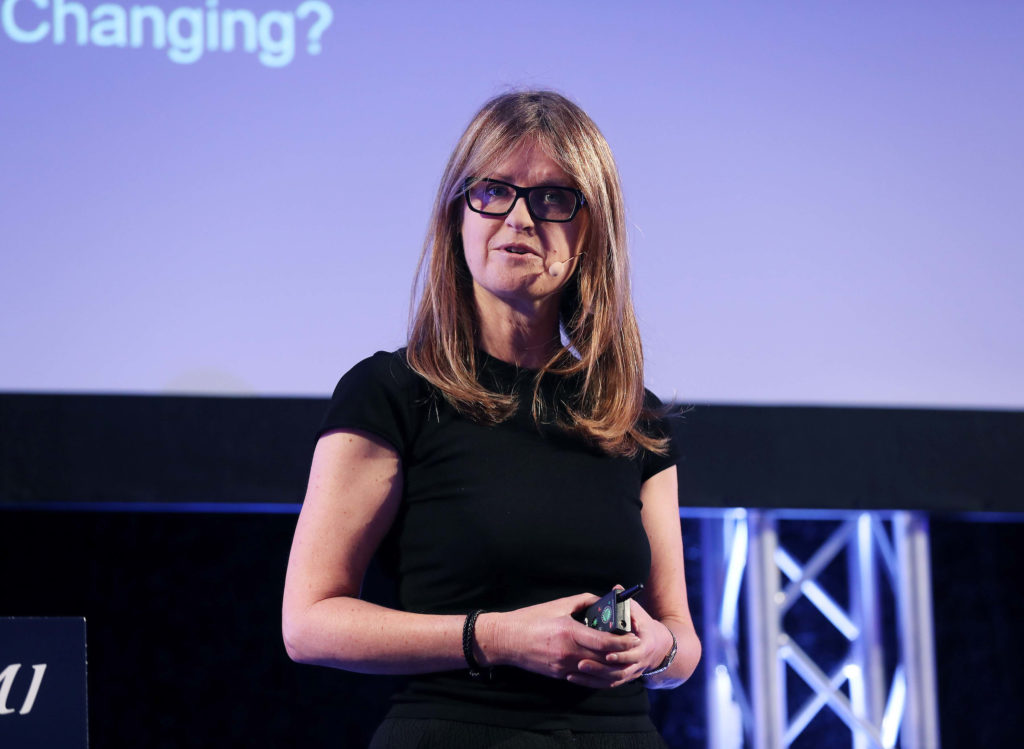Related Articles
Deborah Rowland: Is Change Changing?
Many leaders have in essence become change managers, constantly directing their organisation to the next thing, and the next thing after that.
Change has become the one constant in today’s business environment. Skills quickly become outdated, technologies get replaced, competitors emerge from nowhere and, amongst all this, leaders are expected to drive their organisations to the fore in the marketplace.
Thus, many leaders have in essence become change managers, constantly directing their organisation to the next thing, and the next thing after that. However, many change initiatives fail, and many become just a set of ‘busy actions’ rather than really shifting the dial.

Deborah Rowland, author of ‘Still Moving: How to Lead Mindful Change’ and 2018 NMC speaker, defines change as ‘the disturbance of repeating patterns’. The disturbance is a prime reason for change initiatives to fail; it’s tough to break habits and patterns. The human brain itself is hardwired for habits, and often we are doomed from the outset when leading change because we use these same habits to break the pattern.
‘The number one difference when we talk about change compared to ten years ago is change is now ongoing – it’s a constant process’ said Deborah Rowland, National Management Conference (NMC) speaker. ‘Before I was brought in to help manage a specific change – whether that was SAP implementation, an acquisition, or whatever the instance was. Today the request is usually about ‘we are going through ongoing change, please help’.’
Want to Read More?
To receive full insight documents after every IMI event, as well as all the slides and audio podcasts for select events, become an IMI member today. If you are an IMI member, contact your member champion to make sure you receive the IMI Insights.





